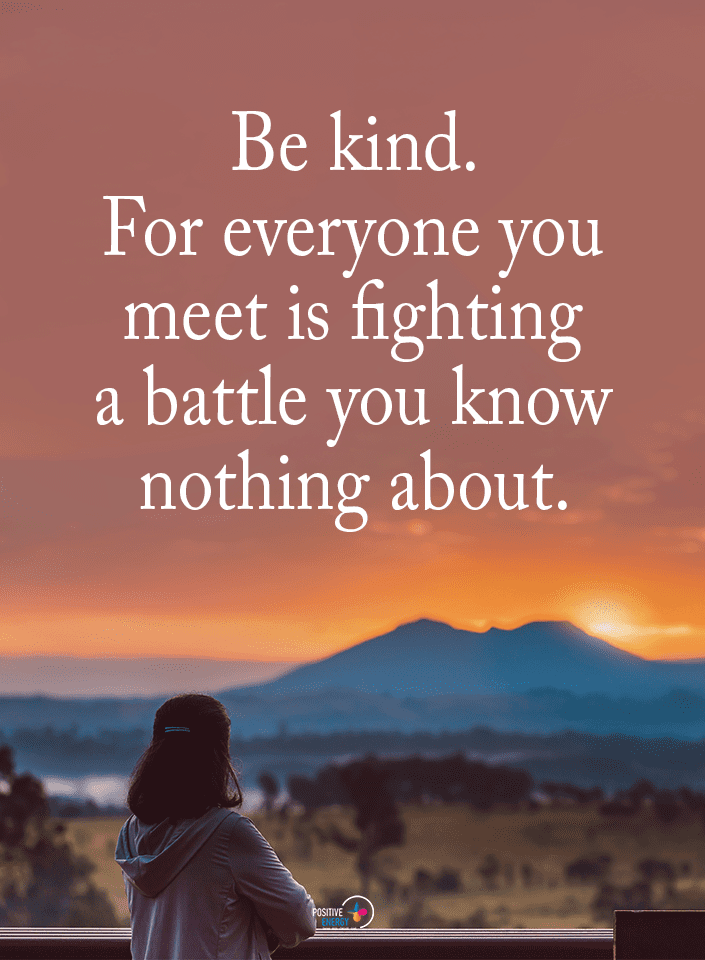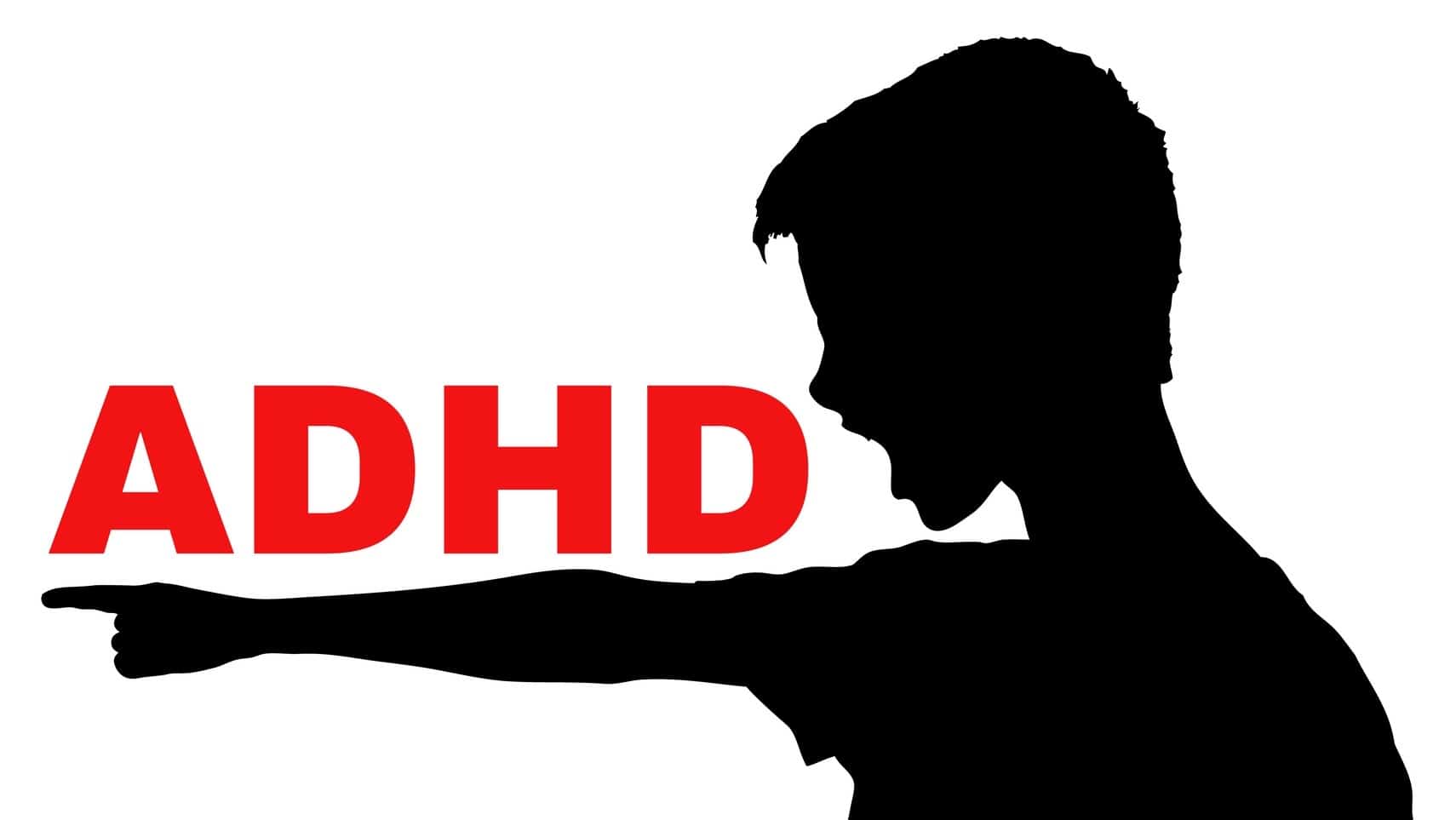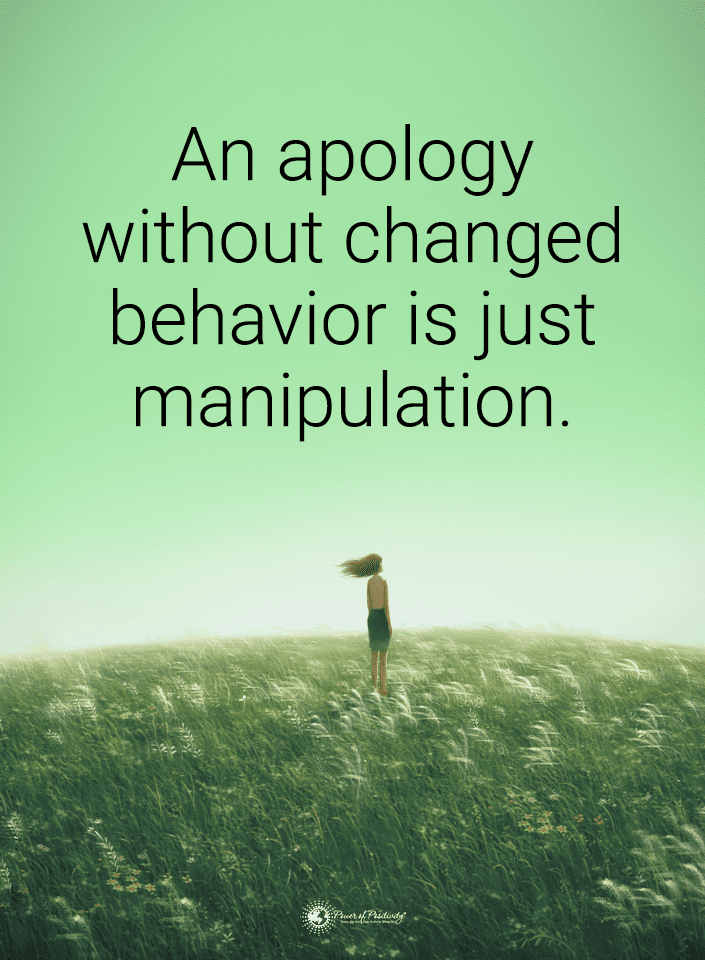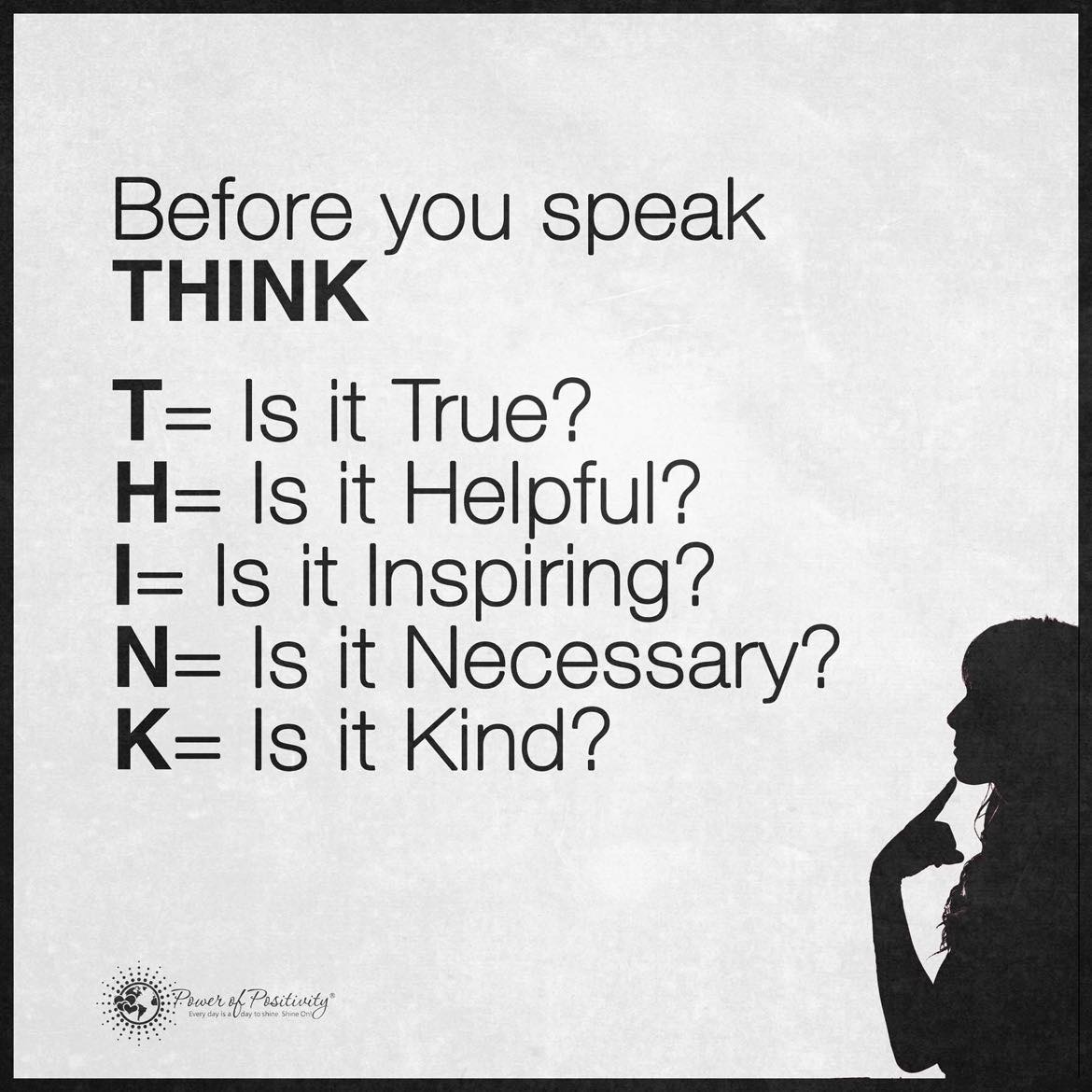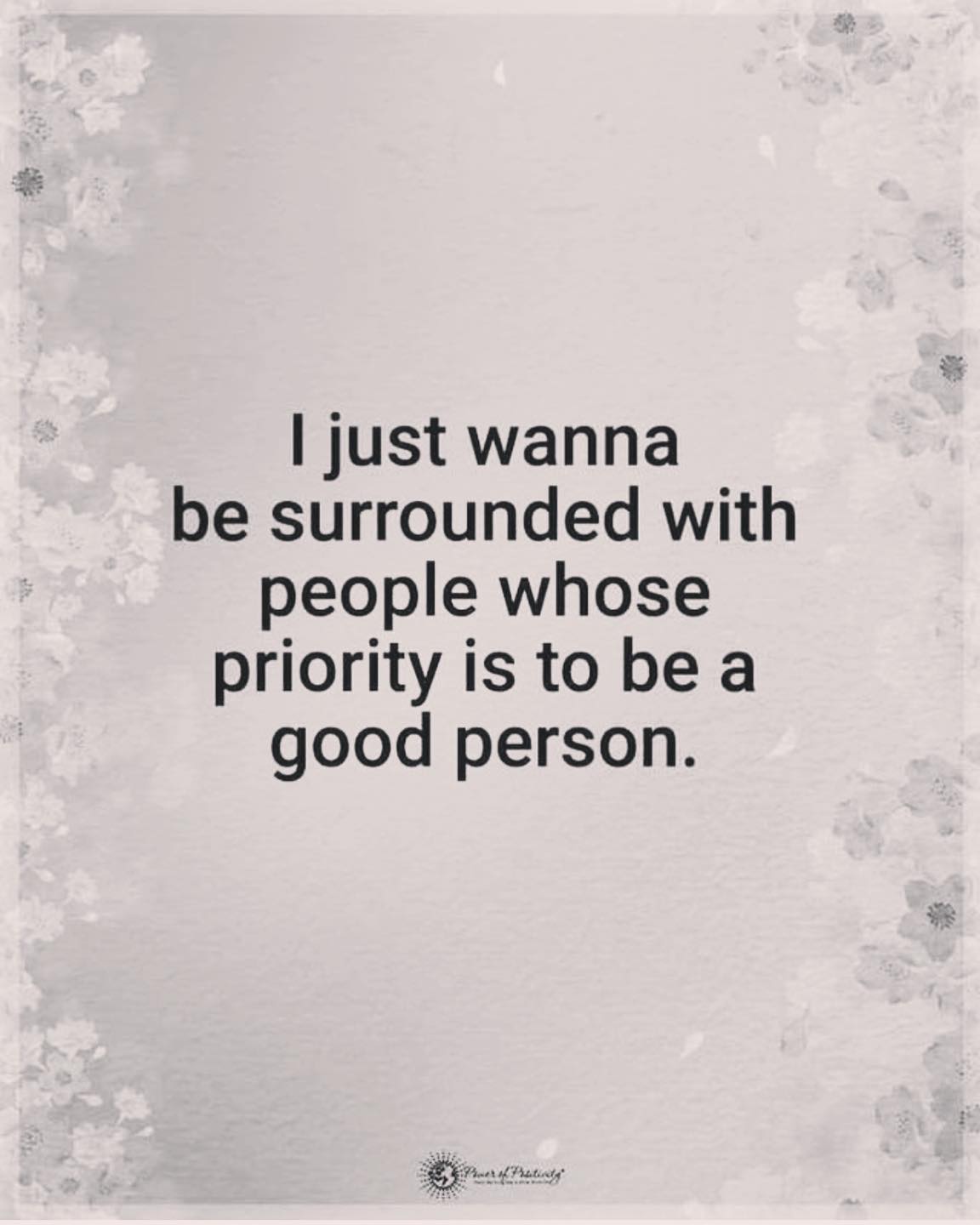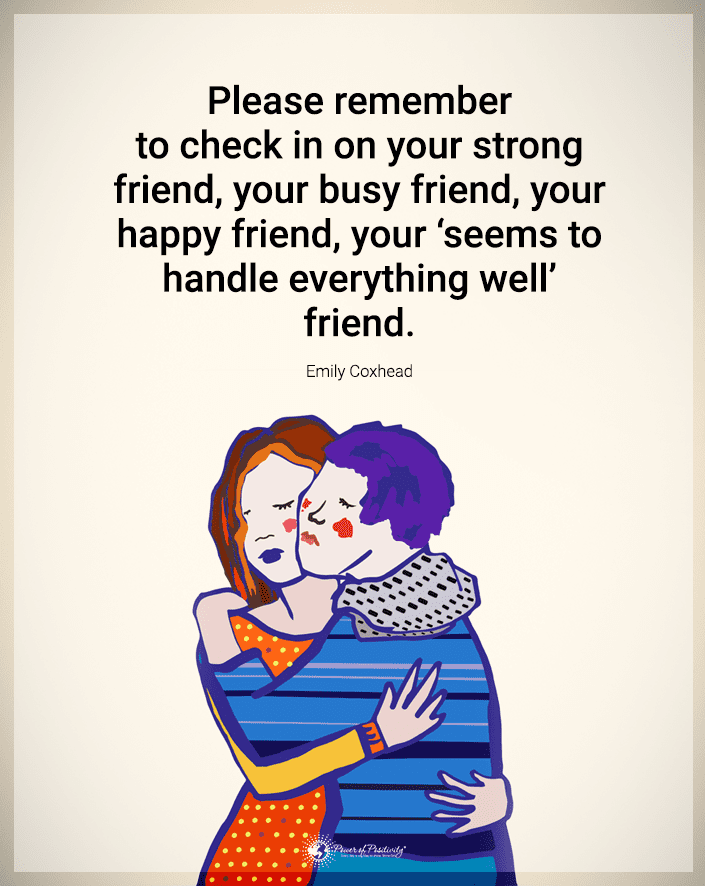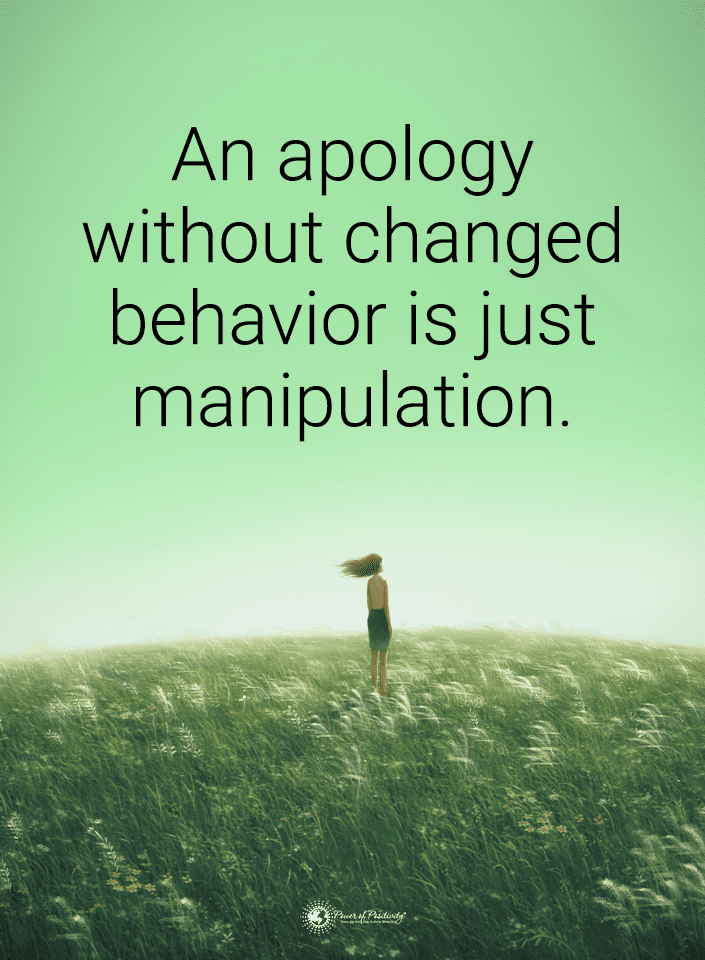Having an emotionally disconnected partner can be a challenge. While you had the best relationship initially, they’ve become distant as things have changed. Your emotional needs are no longer being met, and you seem like strangers due to this disconnection.
When there’s an emotional disconnect between you and your partner, it’s only natural that you wonder if it’s the end. You can work on things, but it will take both parties sorting the issues and trying to reconnect.
Thirty Signs of an Emotionally Disconnected Partner
If your partner is distant and seems like an entirely different person, you might suspect infidelity. You might also consider that they’re trying to head out the door. Here are some signs that the one you love has become emotionally disconnected from you.

1. An Emotionally Disconnect Partner May Stop Doing the Little Things
They no longer care about your happiness, and it’s easy to see. They’ve stopped doing all the little things that once made your life so much easier. It seems they could care less what’s going on with you.
2. You Lead Separate Lives Due to the Disconnection
Nowadays, it seems like you’re two ships that pass at night. They have their life, and you have yours. They don’t include you in their daily routine or their social calendar. This is a significant change as once you were inseparable.
3. They Don’t Put Any Effort into Your Relationship
You both know there are problems in the relationship, but they won’t try to fix things. They’re very disconnected from you, and your suggestions for counseling and other ways to repair things have fallen on deaf ears.
4. Emotionally Disconnected Partners Argue Frequently
Though they’re distant, they seem to show up for the arguments. You can’t have a normal conversation with them that doesn’t end in a dispute. They never seem to have a nice word to say to you, tearing you apart. Some nights, you dread coming home because it looks like you’re always going to fight.
5. There’s No Intimacy With Disconnection
They may sleep on the couch or stay far away from you on their side of the bed. There’s no intimacy, so they might as well be a roommate. There’s not much of a friendship anymore, either.
6. They Refuse to Discuss Their Feelings
You’ve tried to talk to them about what’s going on and their feelings, but they seem disconnected from the situation. They don’t want to talk about anything and deny something is wrong.
7. They Put Their Needs Ahead of Yours
Their needs are essential, but they don’t even consider yours. At one time, you did have a high ranking in their life, but these days they don’t even know you exist unless you’re fighting. They will bring home take-out and not ask if you wanted any, as they’ve also lost some consideration.
8. They’re Expecting Perfection from You
The more disconnected they’ve become from you, the more they expect. They want perfection as their overly critical nature is undeniable. They get upset about minor things, and they’re not acting like themselves.
You walk on eggshells when they’re around as they demand you be this perfect person who doesn’t exist.
9. An Emotionally Disconnected Partner Hides Things from You
You’ve caught them in lies, and they hide plenty of things from you. You’ve often thought they’re cheating. The fact that they’re so secretive these days causes you great alarm.
10. They Stonewall You Rather Than Discuss an Issue
When you confront them about an issue, they say everything is fine. However, they make snide comments under their breath that let you know that everything isn’t okay. According to the National Library of Medicine, this behavior is often caused by internal conflict during upbringing. In many instances, the person was abused as a child and shut off their emotions as a coping skill.
11. They Ignore You
You can be in the same room with them but feel alone. They don’t even acknowledge your presence these days. They ignore you and everything about you unless they pick a fight or are critical.
12. They Don’t Say “I Love You” Anymore
You can’t remember the last time they told you they loved you. They don’t show their emotions at all, as they’re disconnected.
13. They Don’t Like to Do Things with You
You’ve asked them to do things with you that you once both enjoyed, but they always have an excuse. It’s been months or even years since you’ve done things together.
14. Your Needs Aren’t Being Met
You have emotional, physical, and psychological needs, and none of these are being met. They’re so distant they don’t even know what you need or care to provide them.
15. There’s No Affection if You Are Emotionally Disconnected
There’s no hand holding, hugging, snuggling, or kissing. You have a disconnection of all affection. Not only have things cooled down in the bedroom, but you don’t touch or embrace them. They’re so distant that they feel like your roommate rather than a lover.
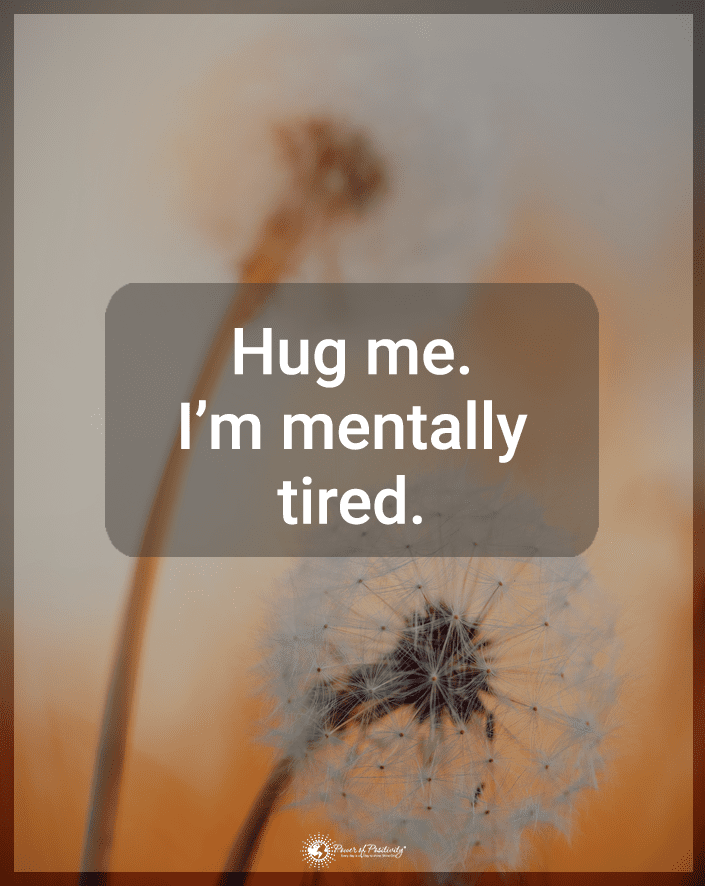
16. They Don’t Makeup After an Argument
They don’t try to smooth things over after an argument and refuse to apologize. They’ll just leave things the way they were and move on.
17. Emotionally Disconnected Partners Become Defensive
They’re very distant with you and get defensive when you bring up anything that might be wrong in the relationship. They don’t want to hear or talk about the issues.
18. There’s No Emotional Support
This person was once a shoulder to cry on and arms that embraced you. Now, they don’t seem moved by your tears or fears.
19. An Emotionally Disconnected Partner Refuses to Communicate
You’ve tried till you’re blue in the face to get them to communicate, but they won’t talk. You’re lucky to get one or two-word answers from them when you ask a question.
20. The Disconnection is One Sided
These days you’re the one putting in all the effort, and they seem to be doing little to keep the relationship going. It looks like they’re slowly slipping away.
21. They’re Going in a Different Direction
You both wanted the same things and were headed in the same direction, but suddenly you’re on different paths. Your futures and goals no longer align.
22. They Accuse You of Having “Over the Top” Emotions
Every time you try to communicate with them or discuss an issue, they tell you that you’re too intense or over the top. They act like everything you do is an overly emotional plea for them to straighten up.
23. You Get on Their Nerves Due to the Disconnection
It doesn’t matter what you do; you don’t seem to do it right. They act like you’re always on their nerves. They sign, roll their eyes, and work irritable when you’re around.
24. Emotionally Disconnected Partners Are Impatient
The once gentle soul you fell in love with now is infuriated and inpatient with you. They’ve also become demanding as they’ve become more emotionally disconnected.
25. You’re Often Given the Silent Treatment
They like to play games and give you the silent treatment. This is typically selfish and manipulative behavior. According to the National Library of Medicine, this is emotional abuse, and their disconnected stance is more damaging in some cases than physical abuse.
26. They Do Things to Sabotage Your Relationship
There have been times when you feel that they’re directly trying to sabotage your relationship. It’s as if they’re looking for a reason to leave.
27. They’re Overly Critical of You
According to them, you can’t even fry an egg right anymore. They go around all day pointing out your faults and telling you how you could do better. They’re so disconnected from you that they’ve become your drill sergeant.
28. An Emotionally Disconnected Partner Takes Their Stress Out on You
They take it out on you if they’ve had a bad day at work. No matter who did them wrong, you’re the one that bears the brunt of their rage.
29. There’s a Disconnection if They Want to “Fix” You
They’ve made it their mission to fix all the things that are wrong with you. The only time they will consent to counsel is to air all their grievances against you, but they don’t want to fix their issues.
30. You Don’t Know How They Will Behave Anymore
You always knew how they would react to situations. But now you hold your breath and pray that you don’t set them off for the minor things. You have no clue how they will react due to their distant behavior, so you tread lightly.

Final Thoughts on Emotionally Disconnected Partners
After reading through this list, do you see things that resonate with you and your situation? Are you thinking about calling it quits? A relationship must be 50/50; if one person puts in 100 percent of the effort, it will never work.
If your partner is willing to get help and try to repair the disconnection in the relationship, you have a fighting chance. However, you must understand that it may be time to move on if your emotionally disconnected partner has no interest in fixing things.




